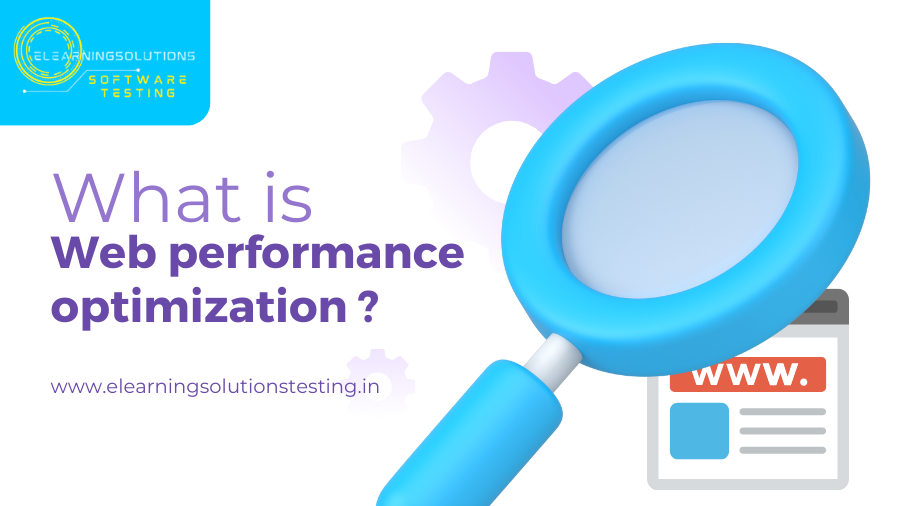Blitz News Digest
Stay updated with the latest trends and insights.
Speed Demons: Why Your Website is the Tortoise in a Hare's Race
Uncover why your website moves at a turtle's pace and learn how to outpace the competition in the digital race!
The Impact of Load Time on User Experience: Is Your Site Lagging Behind?
Load time is a critical factor that significantly affects user experience. Studies show that users expect a website to load in under three seconds; beyond that, they may become frustrated and abandon the site. A delay of just a few seconds can lead to a measurable increase in bounce rates, meaning that potential customers might leave before they even see what you have to offer. In today's fast-paced digital world, where users have countless options at their fingertips, ensuring a speedy load time is essential for maintaining visitor engagement and boosting conversion rates.
Moreover, the impact of load time extends beyond mere user satisfaction; it also affects your SEO rankings. Search engines like Google consider page speed as a ranking factor, which means a slower site can hinder your visibility in search results. By prioritizing load time improvements through optimized images, reduced scripts, and efficient server response times, you can not only enhance your site’s performance but also achieve better standings in search engine results. Remember, an optimized site ensures that you don't just attract visitors but also keep them coming back for more.

Top 10 Reasons Your Website is Slower Than Competitors and How to Fix It
Your website's speed is crucial for user experience and search engine rankings. If you find that your site is slower than competitors, there could be several reasons behind it. First, heavy images and unoptimized graphics can significantly slow down load times. Compress images and utilize appropriate file formats to ensure a quicker response. Second, an overloaded server or insufficient hosting resources can hinder performance, so consider upgrading your plan or switching to a more reliable hosting provider. Other factors might include excessive HTTP requests from third-party plugins, which can increase latency. Reducing these requests by using fewer external scripts or optimizing existing ones can enhance speed.
Another critical aspect is the lack of caching. Without proper caching mechanisms in place, your website may have to reload all resources for each visit, making it slower. Implementing browser caching and server-side caching techniques can dramatically accelerate loading times. Additionally, ensure CSS and JavaScript minification, which involves removing unnecessary characters from code without affecting functionality. This streamlines the data sent to users’ browsers. Lastly, conducting regular website audits will help you identify and address performance issues proactively, keeping your site competitive in the digital landscape. By implementing these fixes, you can significantly enhance your website's speed and overall user satisfaction.
Are You Losing Traffic? Understanding Website Speed and SEO Performance
In today's digital landscape, website speed plays a pivotal role in determining your site’s overall SEO performance. Research shows that users tend to abandon websites that take more than a few seconds to load. If you’re experiencing a decline in traffic, it’s essential to assess your site’s loading times. A slower website not only frustrates visitors but also signals search engines to lower your ranking in search results. In essence, a fast-loading website is not just a luxury; it’s a necessity for both user satisfaction and better SEO outcomes.
Improving website speed can significantly boost your SEO performance and ultimately your traffic. Here are some strategies to consider:
- Optimize images to reduce their size without sacrificing quality.
- Minimize the use of heavy scripts and unnecessary plugins.
- Utilize caching techniques to store static versions of your pages.
- Choose a reliable hosting provider that ensures fast server response times.